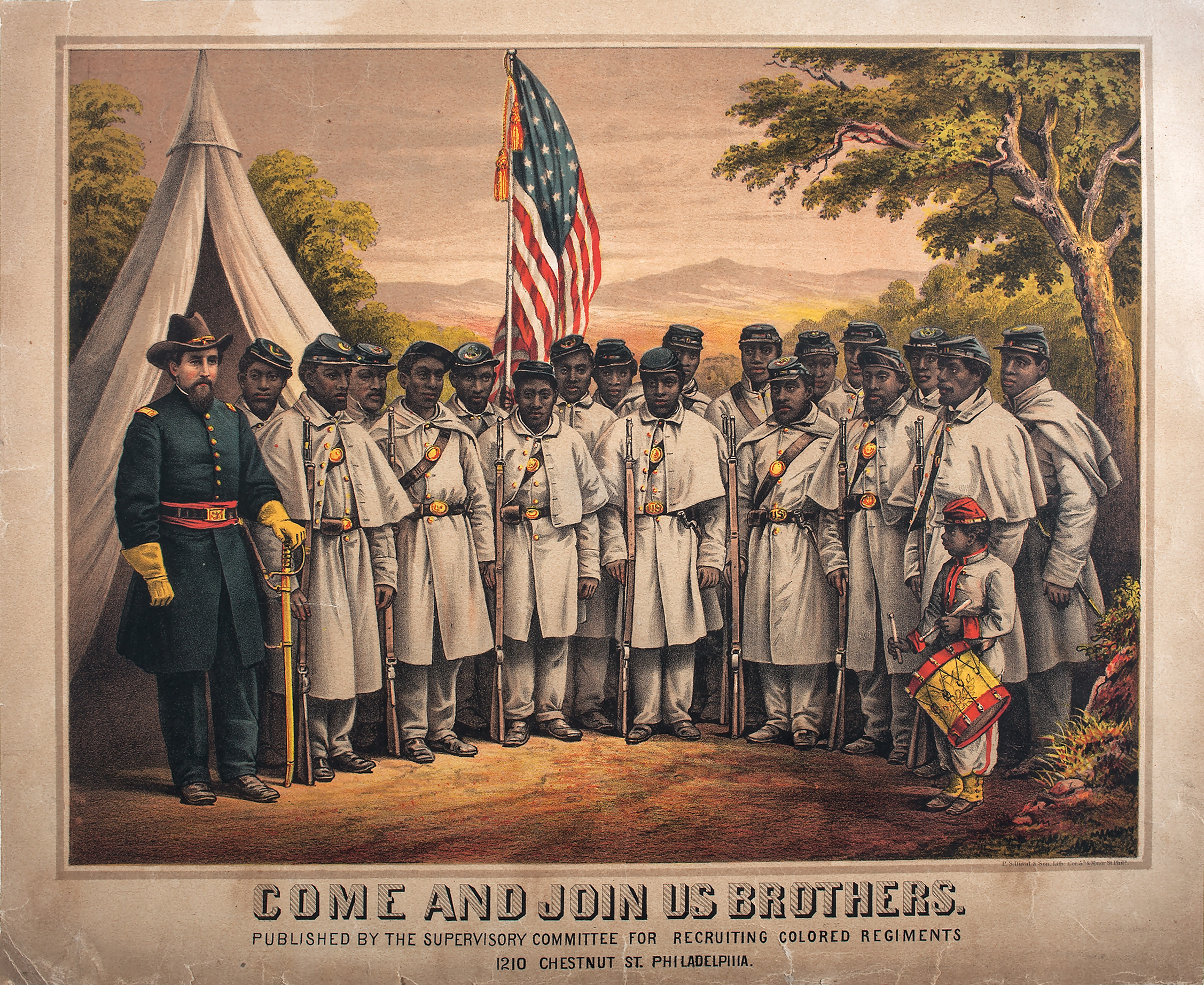After Central College
Medical Field
In 1857, at the age of 16 he began an 8 year apprenticeship in the office of Troy's most prominent physician Dr. Thomas C. Brimsmade. While working for Dr. Brimsmade Boseman went to Dartmouth College to take a medical lecture. He soon realized he wanted to study at the Medical School of Maine. Dr. Brimsmade wrote him an impressive letter of recommandation that got Benjamin into the school. In Maine, he wrote his 40 page thesis titled "The Importance of Medical Statistics". The thesis was harshly critized so he changed his direction.
The direction he now pointed to was becoming a physician in a Negro regiment in the Union Army. He was approved and appointed a contract surgeon in August 1864. He was stationed in South Carolina where he mostly helped hurt African American soldiers. After his contract ended he moved to Charleston where he started a Medical Practice.

Political Involvment
Boseman disappeared for about 2 years until he reemerged in October 1867 serving as a chairman of a Republican ward meeting in Charleston. He was a late comer to politics which was largely the reason why he was not elected to the Constitutional Convention in 1868. He introduced a Civil rights bill in July 1868 its purpose was "to prevent discrimination between people by those carrying on buisness under license on account of race, color, or previous condition". The bill was passed in the house and then passed to the senate where it was not passed. In 1873, Presdient Ulysses S. Grant appoined Boseman as Charlesons postmaster.
Chairman of the House Medical Committee
In 1869, he was appointed as the physician of the Charleston City Jail by Governor Robert Scott. He held this position for four years. In 1870, Boseman and Ruben Tomlinson introduced two seperate concepts of legislation to provide medical aid for the poor in which they passed. Boseman placed the main responsibility for medical care on the counties. Benjamin and a number of legislators also showed a deep interest in the care of the clincally insane. Boseman served as one of 5 African Americans on a 9 member board that dealt with insane asylums. Due to being elected to that board Boseman was able to serve on a special committee that dealt with funding the building of Insane Asylum's. In one case, he was able to get funding to create a new asylum in Charleston for $20,000. After all of these accomplishments he stepped away from the medical field. Boseman passed away on February 23rd, 1881.
Picture of Boseman's Burial Information